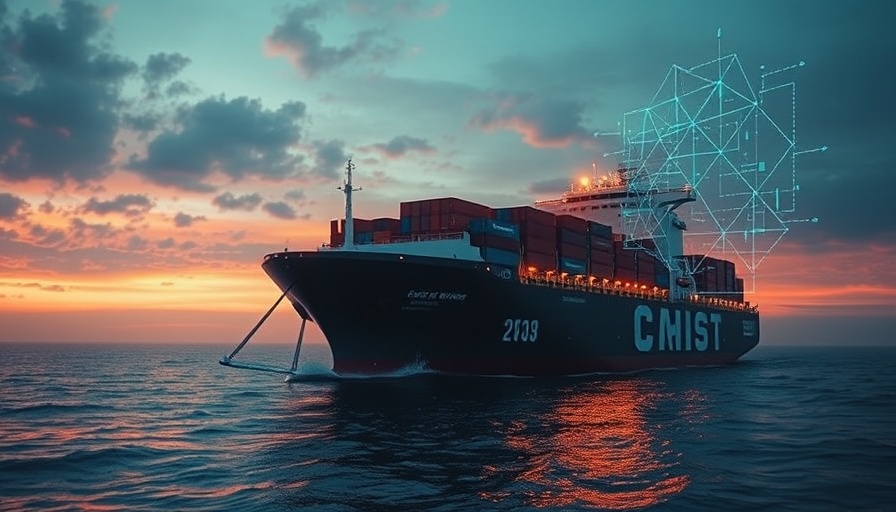
How AI is Transforming Safety Management in the Maritime Industry
The maritime sector is undergoing a pivotal transformation, with artificial intelligence (AI) emerging as a game-changer in safety management. Businesses like WiseStella are embracing AI to streamline operations, reduce burdensome compliance tasks, and elevate safety standards across fleets globally.
Tackling Documentation Overload with AI
Today’s seafarers face tremendous pressure due to complex safety regulations and daunting documentation requirements. As highlighted by Ali Demiral, Chief Technology Officer at WiseStella, this "cognitive load" can result in significant stress during safety assessments. WiseStella’s innovative solution, Wise-AI, harnesses large language models (LLMs) to analyze historical safety data delivering actionable insights tailored to specific scenarios.
With Wise-AI, seafarers and managers can navigate safety regulations confidently. For instance, if uncertainty arises during a self-assessment, the AI can suggest potential compliance issues and recommend targeted solutions. This not only alleviates cognitive strain but also enhances the crew's comprehension of safety procedures, allowing them to foresee challenges and prevent accidents.
Fleet-Wide Benchmarking: A New Era of Insights
Unlike conventional tools that focus on isolated vessels, WiseStella’s platform provides fleet-wide benchmarking capabilities. This means fleet managers can utilize data-driven insights to recognize strengths, address weaknesses, and optimize resource allocation for training and compliance improvements. This comprehensive approach not only boosts individual vessel performance but also enhances the collective safety standards of entire fleets.
The proactive strategies embedded in Wise-AI are redefining the maritime landscape. Fleet managers are now better equipped to address safety challenges through enhanced understanding and timely interventions, all backed by data analytics.
Why the Maritime Industry Must Embrace AI
The integration of AI into safety management is not merely an option; it is becoming a necessity for maritime operations. As regulatory pressures continue to grow, AI can provide significant advantages in ensuring compliance while promoting safety. Companies that adopt AI technologies will not only simplify their operations but also foster a culture of continuous improvement, which is vital in a sector known for its inherent risks.
With AI's ability to learn and evolve, such systems can adapt to new regulations and emerging best practices swiftly, ensuring that seafarers are always one step ahead. This adaptability is particularly crucial when navigating the complexities of global maritime operations.
Concluding Thoughts on AI's Impact
The future of safety management in maritime operations is undeniably tied to the advancements in AI. By reducing stress, enhancing compliance procedures, and fostering a more informed crew, AI tools like Wise-AI are set to revolutionize the industry. As we continue to witness rapid technological developments, maritime companies must prioritize the integration of AI to remain competitive and ensure long-term safety and efficiency.
For readers involved in import/export operations, embracing AI not only aids in regulatory compliance but also positions businesses to thrive amid a dynamic and evolving maritime landscape. As this transformation unfolds, staying informed and proactive about these technological integrations will be key in navigating global waters with confidence.
 Add Row
Add Row  Add
Add 




Write A Comment